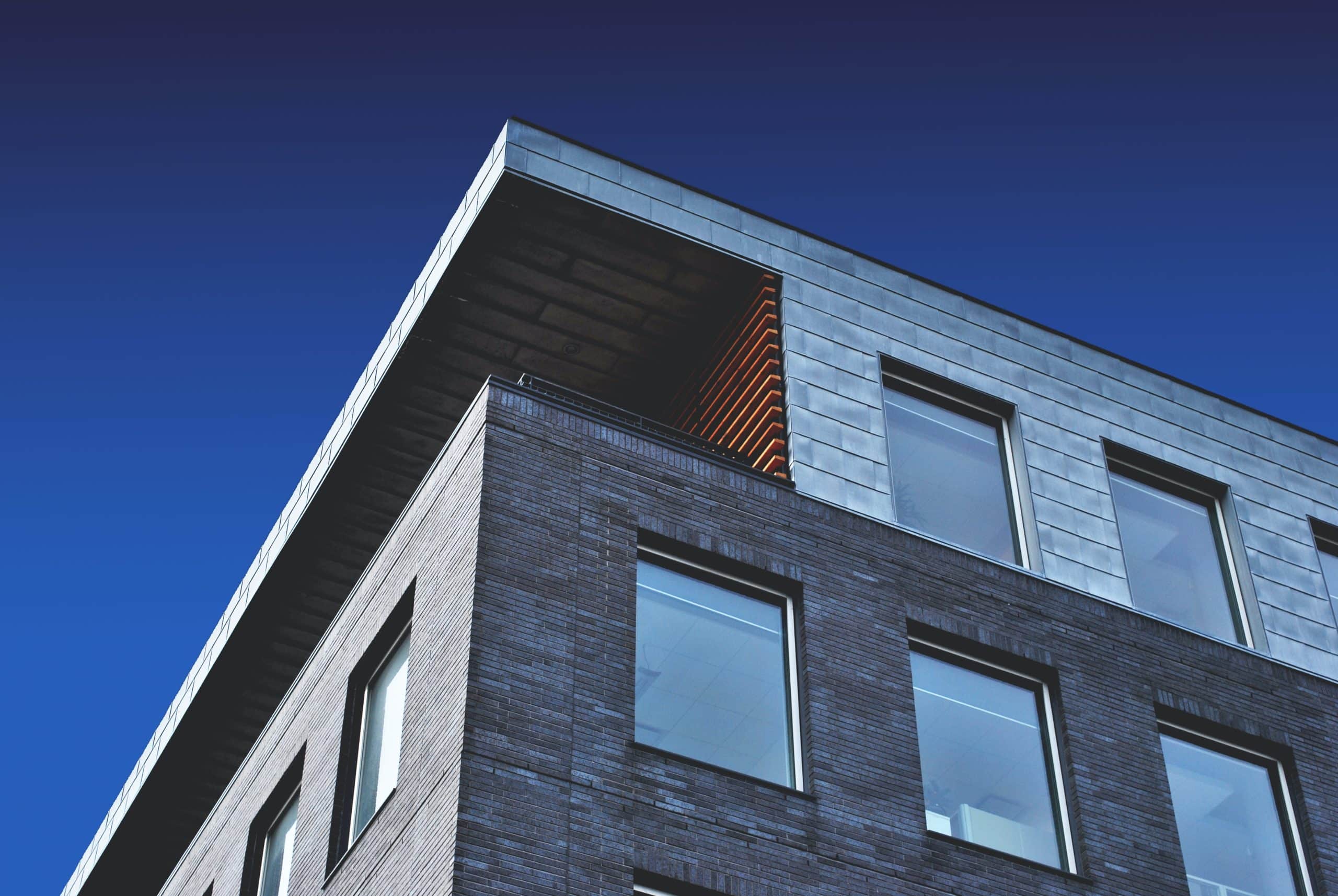Buying a property is a significant investment decision, especially in today’s competitive market. As a businessman, investor, or Canadian homebuyer, it’s crucial to ensure you have a complete understanding of all financial aspects involved in the process. One key area where many buyers often make mistakes is regarding advance payments. This blog post will discuss the importance of understanding various advance payments, such as stamp duty, advance TDS payment, and home loan advance payments, to help make your property buying experience smoother and more secure.
Stamp Duty: The Tax You Cannot Ignore
Whether you’re buying residential or commercial property, stamp duty is an essential aspect that cannot be overlooked. Stamp duty, a tax paid to the local government or provincial authority, helps legalize and authenticate your property-related documents. Recent news highlights the importance of being aware of any changes in stamp duty rates or exemptions that can impact your property purchase financially. For example, Ontario recently increased its non-resident speculation tax as part of its fight against housing inflation in the province.
Quick tips to consider:
– Stay updated on the prevailing stamp duty rates in your province or territory
– Factor in stamp duty amount into your property buying budget
– Consult with a lawyer or accountant to ensure you comply with local regulations
Advance TDS Payment: A Modern Real Estate Tax
As a property buyer in Canada, it’s essential to know about the advance TDS (Tax Deducted at Source) payment, which is becoming more widely prevalent in the real estate industry. Advance TDS payment is a tax deducted by the buyer from the amount payable to the seller, acting as a down payment on the overall tax owed. Notably, any foreign national who buys a property in Canada is subject to paying TDS. Staying informed about advance TDS payments will ensure you avoid penalties and interest.
Home Loan Advance Payment: Plan Your Finances Wisely
When purchasing a property, you may opt for a home loan to finance your investment. It’s important to note that your lender may require you to make an advance payment, also known as a downpayment, which is typically a percentage of the property’s purchase price. Lenders often use this to gauge your financial stability and commitment to repay the loan.
Actionable insights for home loan advance payments:
- Research the minimum downpayment requirements for various lenders.
- Consider increasing your downpayment to obtain better loan terms.
- Use a mortgage calculator to determine your ideal downpayment amount.
- Conclusion: Equip Yourself with Knowledge for a Secure Purchase.
Understanding and planning for advance payments, such as stamp duty, advance TDS payment, and home loan advance payments, can save you from unexpected financial burdens during your property-buying journey. As a savvy businessman, investor, or Canadian homebuyer, equipping yourself with knowledge about these advance payments will ensure you make well-informed decisions, enhance your financial security, and work towards a property investment that brings long-term returns.
Ready to delve deeper into property investing? Engage further with our content and share it with your network so that others can benefit from these insights and navigate their property purchase with confidence.


